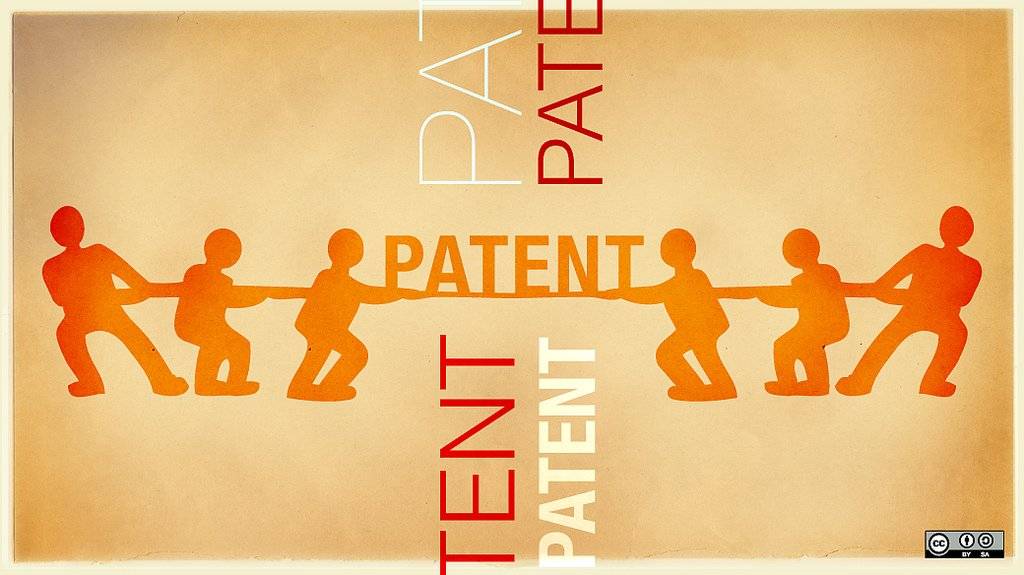First Publication Date: 8th January 2010
The patent holder, Appellant, of a patent relating to a device for detection of antibodies to HepatIT is C Virus filed an infringement suit against the Respondents and applied for an interim injunction during the pendency of the suit. The Court first observed that it is well settled as held in the decisions in Bishwanath Prasad Radhey Shyam and Standipack Private Ltd. cases that the grant of a patent would not give rise to a presumption of validity of the patent notwithstanding the examination and inspection carried out by the Patent Controller and that the validity of the patent could be challenged in infringement proceedings on the same grounds on which revocation could be claimed under Section 64 of the Patent Act. The Court then cited the decision in M/s National Research Development Corporation of India case, which held that where a patent had been in existence for sufficiently long and had been worked the court could presume the same to be valid for purposes of grant of temporary injunction. It then stated that the term of existence of the patent alone would not give rise to validity of a patent for grant of injunction and that merits of the case of the patent holder and defenses of the defendant must be considered.
After reviewing the facts of the case, the Court considered various aspects such as prior knowledge, prior working, anticipation, inventive step, sufficiency of disclosure and similarities between patented invention and the product and held that the patent holder had a prima facie case. It stated that the patented invention was not known or worked before the date of patent, the patent was not anticipated by the cited US patents and that the patent possessed sufficient disclosure. Then, the Court compared the patent to the product and pointed out that the product had all features claimed in the patent. In the light of its analysis, the Court held that the patent holder had made out a prima facie case by proving that the patent was valid and infringed.
As the use of patent was limited, the Court observed that irretrievable prejudice would be caused to the patent holder if interim orders were not granted. The Court then stated that the balance of convenience was in favor of the plaintiff as the plaintiff’s patent could not be permitted to be infringed in the circumstances of the case. As the patent holder proved prima facie case, irreparable harm would be caused to the patent holder in the absence of an injunction and because the balance of convenience was in favour of the patent holder, the Court granted an interim injunction restraining the Respondents from manufacturing, selling, offering for sale or in any other manner dealing with the patented product.
The patent holder, Appellant, of a patent relating to a device for detection of antibodies to HepatIT is C Virus filed an infringement suit against the Respondents and applied for an interim injunction during the pendency of the suit. The Court first observed that it is well settled as held in the decisions in Bishwanath Prasad Radhey Shyam and Standipack Private Ltd. cases that the grant of a patent would not give rise to a presumption of validity of the patent notwithstanding the examination and inspection carried out by the Patent Controller and that the validity of the patent could be challenged in infringement proceedings on the same grounds on which revocation could be claimed under Section 64 of the Patent Act. The Court then cited the decision in M/s National Research Development Corporation of India case, which held that where a patent had been in existence for sufficiently long and had been worked the court could presume the same to be valid for purposes of grant of temporary injunction. It then stated that the term of existence of the patent alone would not give rise to validity of a patent for grant of injunction and that merits of the case of the patent holder and defenses of the defendant must be considered.
After reviewing the facts of the case, the Court considered various aspects such as prior knowledge, prior working, anticipation, inventive step, sufficiency of disclosure and similarities between patented invention and the product and held that the patent holder had a prima facie case. It stated that the patented invention was not known or worked before the date of patent, the patent was not anticipated by the cited US patents and that the patent possessed sufficient disclosure. Then, the Court compared the patent to the product and pointed out that the product had all features claimed in the patent. In the light of its analysis, the Court held that the patent holder had made out a prima facie case by proving that the patent was valid and infringed.
As the use of patent was limited, the Court observed that irretrievable prejudice would be caused to the patent holder if interim orders were not granted. The Court then stated that the balance of convenience was in favor of the plaintiff as the plaintiff’s patent could not be permitted to be infringed in the circumstances of the case. As the patent holder proved prima facie case, irreparable harm would be caused to the patent holder in the absence of an injunction and because the balance of convenience was in favour of the patent holder, the Court granted an interim injunction restraining the Respondents from manufacturing, selling, offering for sale or in any other manner dealing with the patented product.



